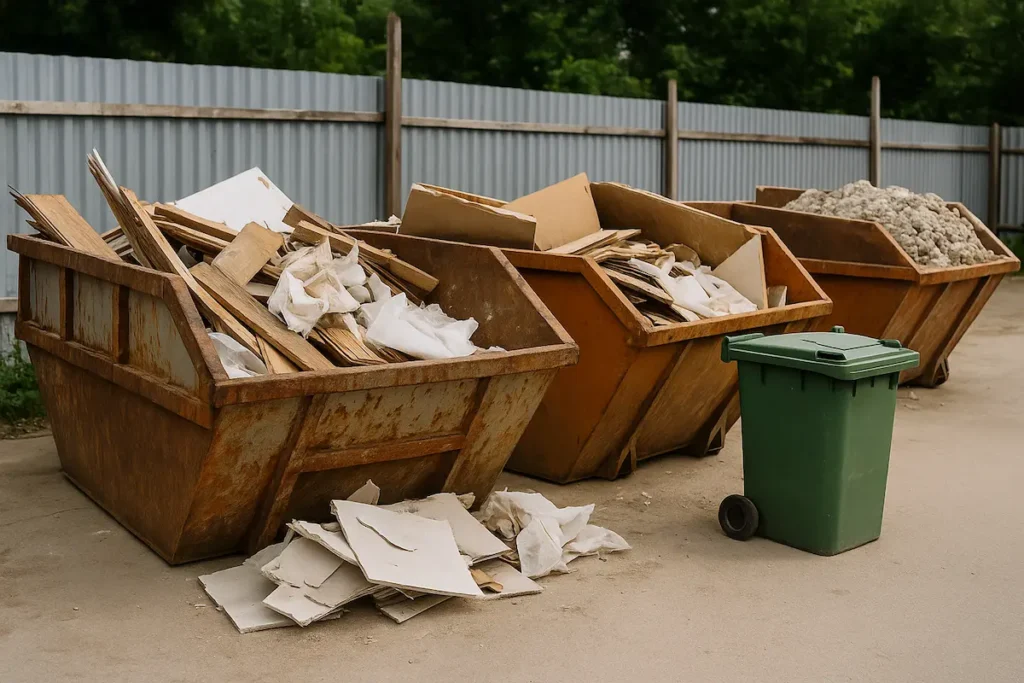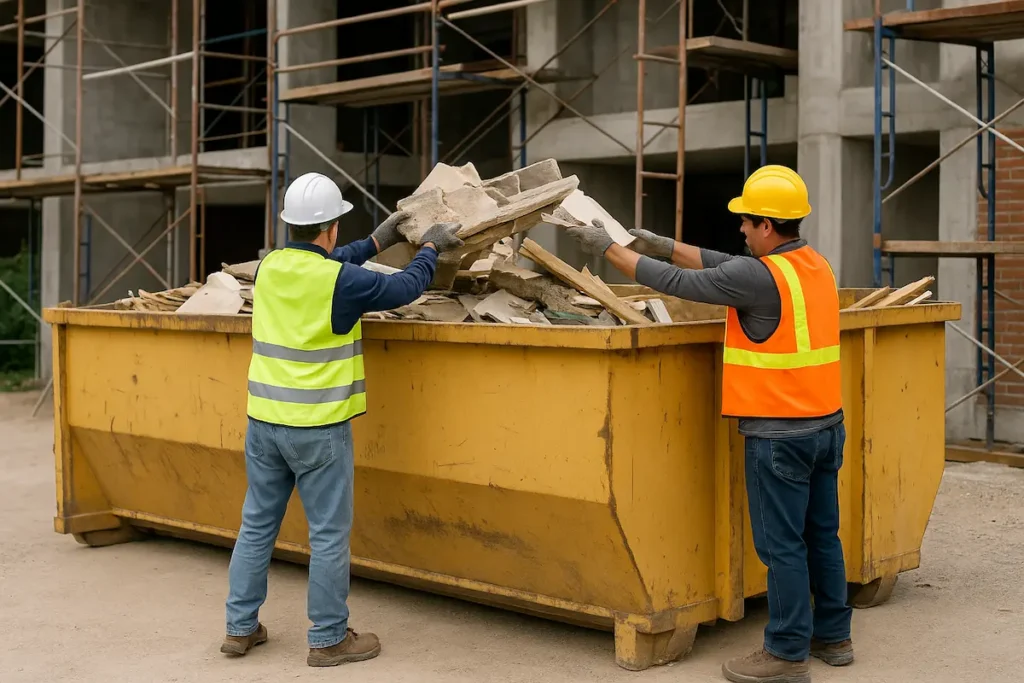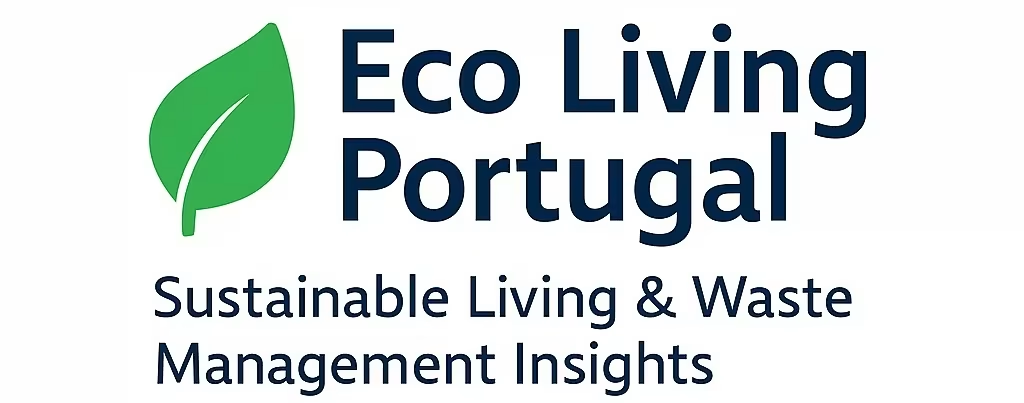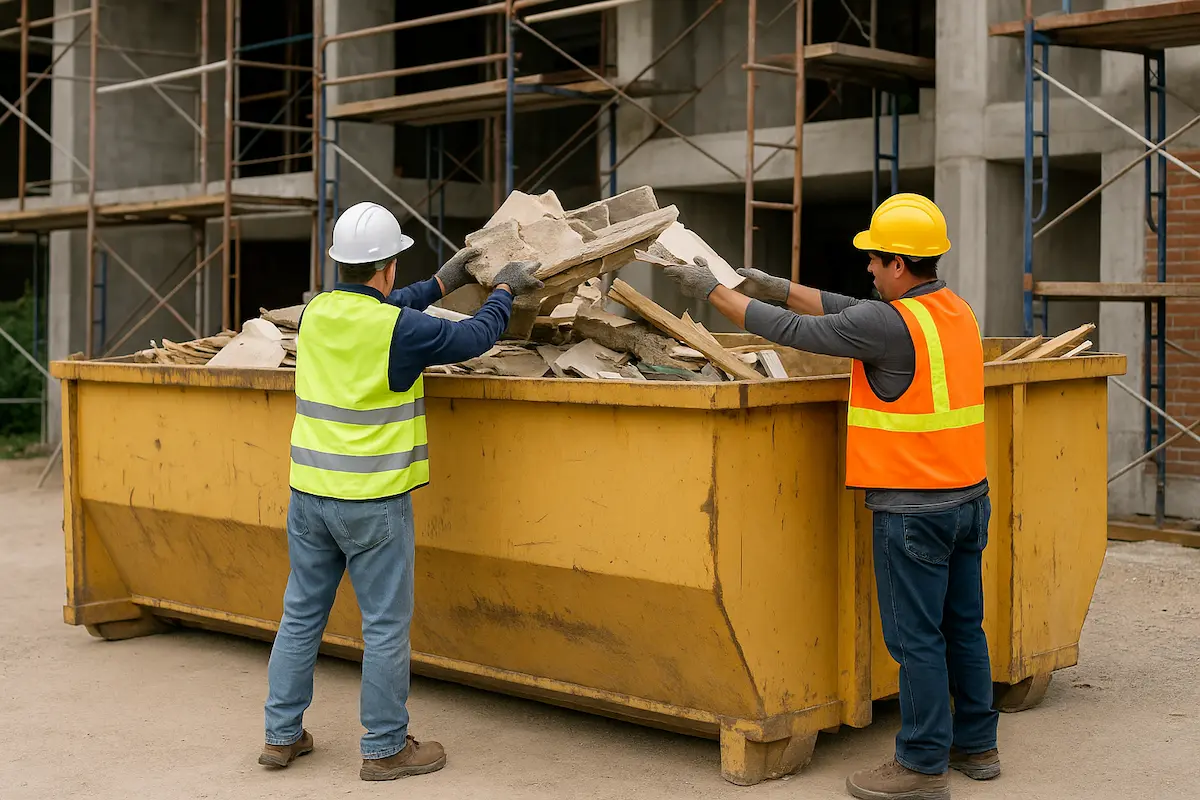This article is part of our Global Sustainability Case Studies series, which highlights how different regions manage construction waste, recycling systems, and large-scale cleanup practices in the building industry.
5 Common Mistakes Contractors Make When Handling Waste
Introduction
Handling waste properly isn’t just a side task in construction—it’s a major part of managing a project efficiently, safely, and legally. Yet, many contractors overlook key details that end up costing them money, time, and even their reputation. Let’s look at the five most common mistakes contractors make when managing waste on site and how to avoid them.
Why Proper Waste Handling Matters in Construction

Impact on Cost and Efficiency
Every bag of waste left unmanaged adds unnecessary costs to your project. Poor waste handling slows down workflow, creates safety hazards, and often results in unexpected disposal fees. A clean and organized site, on the other hand, keeps work moving smoothly and reduces downtime.
Environmental and Legal Implications
Mishandling waste doesn’t just hurt your bottom line—it can also damage the environment. Construction waste that’s dumped improperly can pollute soil and water. Worse, failure to follow local regulations could lead to fines or legal action that hurt your business credibility.
Mistake #1: Ignoring Local Waste Disposal Regulations
For a complete breakdown of Malaysian regulations and waste categories, check out our article on Construction Waste Management in Malaysia.
Why Compliance Is Crucial
Every region has its own rules for how waste must be handled, sorted, and disposed of. Ignoring these can quickly turn into a costly mistake. Contractors who skip permits or fail to use licensed disposal services can face penalties or project shutdowns.
Common Regulatory Oversights by Contractors
Some contractors assume all waste can go into one bin or that all bins are treated the same. Others forget to document disposal records—a key requirement for compliance audits. These oversights can lead to legal and financial trouble later.
How to Stay Compliant and Avoid Penalties
Work with certified waste management partners who understand local laws. Always keep disposal receipts, track bin usage, and brief your team on waste protocols. This simple discipline keeps your projects running without disruption.
Mistake #2: Mixing Different Types of Waste
The Importance of Waste Segregation
Mixing concrete with wood, or paint cans with recyclable metal, makes it nearly impossible to dispose of or recycle efficiently. Segregation at the source ensures waste goes to the right place and reduces disposal costs.
Commonly Mixed Materials on Construction Sites
Typical mistakes include throwing paint cans, cement bags, and wood scraps together. These materials require different handling methods, and mixing them creates hazards or contamination.
Simple Systems to Keep Waste Properly Sorted
Color-coded bins, clear labels, and simple crew training can make a big difference. For example, use one bin for general waste, another for recyclables, and another for hazardous materials.
Mistake #3: Not Estimating Waste Volume Accurately
How Underestimating Waste Affects Project Timelines
When contractors underestimate how much waste a project will produce, bins overflow and pickups get delayed. This causes site congestion and reduces worker efficiency.
Tools and Methods for Waste Volume Estimation
Use past project data, or consult your waste management partner to estimate the right bin size and frequency of pickups. There are even online calculators that help predict waste volume based on project type and area.
Partnering with Waste Management Experts
A good disposal partner can guide you in choosing the right bin size, disposal method, and recycling options. They’ll also help manage logistics so your team can focus on construction, not cleanup.
Mistake #4: Using the Wrong Bin or Disposal Method

Choosing Between Skip Bins and RORO Bins
Many contractors choose smaller skip bins to save money, only to realize they fill up too fast. For larger projects, RORO (Roll-On Roll-Off) bins are more cost-effective and efficient for heavy debris.
Common Errors When Selecting Bin Sizes
Picking a bin that’s too small leads to overfilling, while one that’s too large wastes money. The right size depends on the type of material and total project volume.
Scheduling Bin Drop-Offs and Pickups Efficiently
Plan your waste removal around key project phases. Schedule bins to arrive when demolition starts and pick them up right after each phase to keep the site organized.
Caption: Organized construction site with clearly separated waste bins for proper disposal and recycling.
Mistake #5: Failing to Recycle or Reuse Materials
The Lost Opportunity in Recyclable Waste
Up to 70% of construction waste can be recycled or reused, but many contractors still send everything to the landfill. That’s money—and goodwill—thrown away.
How Recycling Reduces Costs and Improves Brand Image
Recycling lowers disposal fees and attracts eco-conscious clients. Contractors known for sustainable practices often win more tenders and government contracts.
Easy Ways to Incorporate Recycling Into Daily Workflow
Set up partnerships with local recycling centers. Reuse bricks, metals, and timber when possible. Train staff to identify recyclable items and store them separately.
Caption: Workers managing waste efficiently by disposing of mixed construction debris into proper RORO bins.
Best Practices for Effective Construction Waste Management
Train Your Crew on Proper Waste Handling
Your workers are the first line of defense against waste mismanagement. Simple training on segregation and safety goes a long way.
Work with Certified Waste Partners
A reliable waste partner not only removes waste efficiently but also ensures compliance and documentation are handled properly.
Monitor, Measure, and Improve Continuously
Keep track of how much waste your site produces and how much gets recycled. Use these insights to improve waste efficiency over time.
Conclusion
Construction waste management isn’t just about cleaning up—it’s about building smarter, safer, and more sustainable projects. By avoiding these common mistakes, contractors can save money, protect the environment, and strengthen their professional reputation. Waste management done right isn’t an expense; it’s an investment in long-term success.
FAQs
They vary by region, but generally require licensed waste carriers, proper segregation, and documented disposal records.
Estimate your waste volume, consider material type, and consult your waste management provider to select the most cost-effective option.
It reduces costs, helps the environment, and enhances your company’s reputation with clients and authorities.
No. Mixing waste types can cause contamination and lead to additional disposal fees or rejected loads.
Start by working with a local waste partner, use color-coded bins, train staff, and track waste regularly to spot inefficiencies early.

